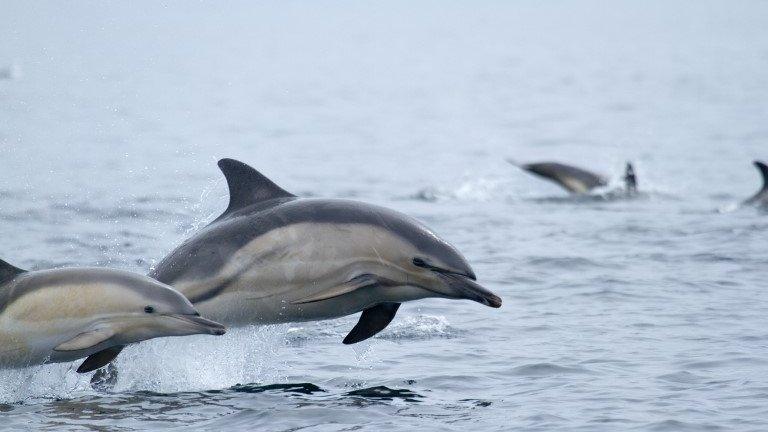Islands SNP MP asks Scottish government to delay MPAs
- Published
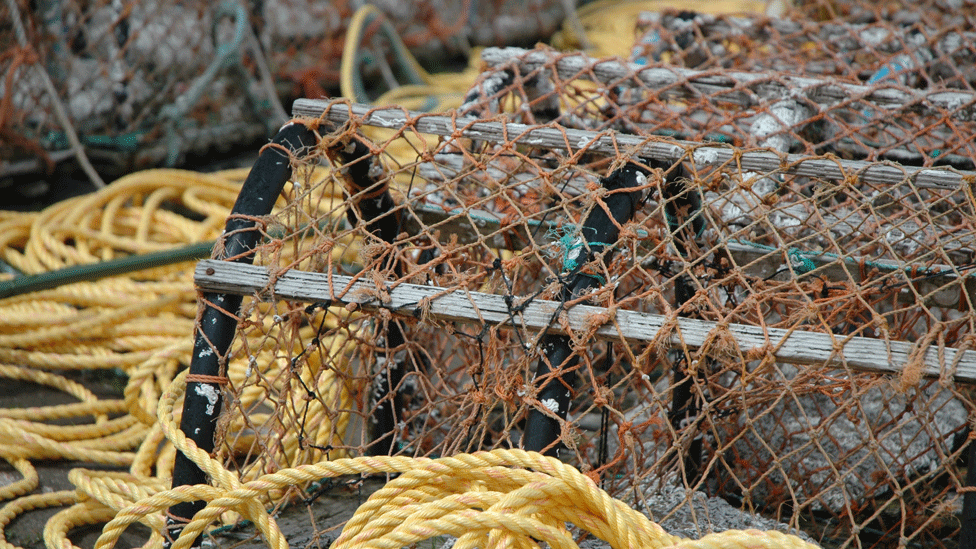
The introduction of MPAs has caused divisions in the fishing industry
An SNP MP has called on the Scottish government to delay its planned introduction later this year of Marine Protected Areas (MPAs).
Angus MacNeil said the government should listen to the concerns of fishing communities in his Western Isles constituency.
He said there should be a delay to allow additional powers to be agreed for island communities.
The Scottish government said it had legal obligations to consider.
The government sees MPAs as a way of better protecting marine habitats.
Their introduction has support from conservation charities and elements of the fishing industry, including creel fishermen.
Mr MacNeil has made his call a day after First Minister Nicola Sturgeon, who was on a visit to Skye, invited islanders to have their say in a consultation on proposals that could see additional powers given to island communities.
He said there were "significant disagreements" between the fishing industry and the Scottish government directorate Marine Scotland about the management of MPAs.

Nicola Sturgeon has asked islanders to give their views on devolving powers to their communities
Mr MacNeil said: "At a time when new powers are being considered, when more control of the marine area could be one of them, it seems prudent that this process is delayed.
"Therefore one aspect of my response to Nicola Sturgeon's wise call to consult over island powers, is to urge caution on the draconian MPA plans as these will be economically damaging to islands and are an example of something better dealt with in the islands where their effects will be felt."
He added: "I remain very concerned about the possible economic impact of proposed management plans for the MPAs and I think the Scottish government should take its time in coming to a final decision when so much is at stake."
Stormy weather
Last month, MSPs heard opposing views from the fishing industry on Scotland's 30 MPAs.
The rural affairs, climate change and environment committee heard concerns from some fishermen that the management of MPAs would harm their business.
Creel fishermen and scallop divers welcomed limits on some fishing methods such as scallop dredging.
The committee was gathering evidence from the industry on the roll-out of MPAs in places such as the Small Isles and Sound of Barra.
Leaders representing trawler owners and crews from the Clyde and up the west coast to Lochinver said restrictions on fishing grounds in winter would deny boats sheltered waters during stormy weather.
They also criticised Scottish government agency Marine Scotland's consultation on MPAs.
Legal duties
A Scottish government spokeswoman said: "Our Marine Protected Area plans are based on evidence that we need to act to protect our marine environment and biodiversity in line with our national and international legal duties and obligations.
"These legal duties would still exist, even if nature conservation was devolved through a future Islands Bill or under community empowerment legislation.
"A delay for an indeterminate period of time would place many of the protected features at significant risk and, in the longer term, result in permanent damage to habitats and the fish stocks they support - a real risk for our coastal communities."
She added that Fisheries Secretary Richard Lochhead recently met Western Isles fishermen to hear their concerns which were being considered.
"Our MPA plans are for a restriction of fisheries within certain areas, which means fishermen will still be able to operate in other neighbouring areas," she said.
"This is in contrast to many other countries which completely exclude all trawling and dredging from their coastal waters.
"Clearly a balance needs to be struck so we can protect our marine environment as well as the communities that depend on it, and our proposals have been widely welcomed by many organisations, including creel fishermen."
- Published21 October 2015

- Published23 September 2015
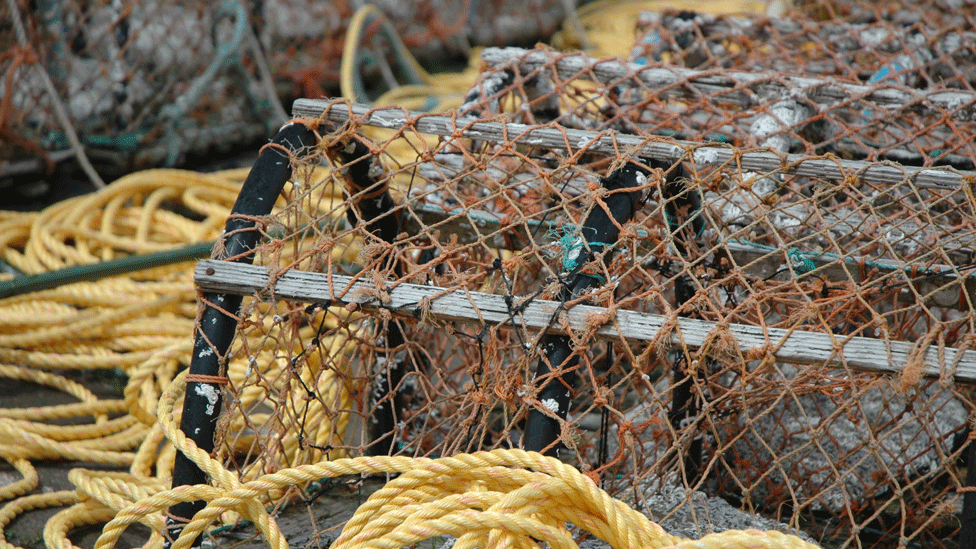
- Published18 August 2015
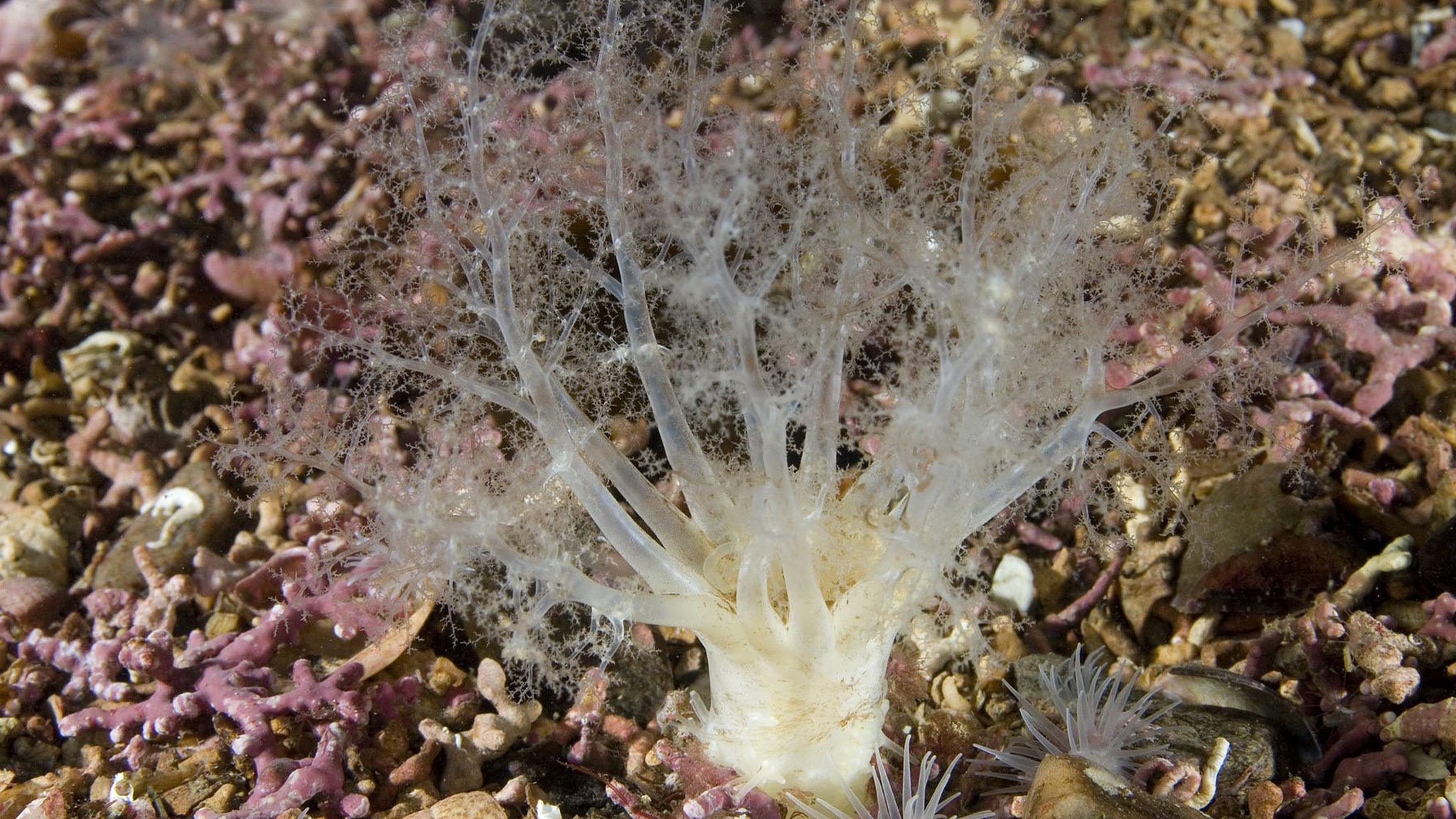
- Published6 August 2015
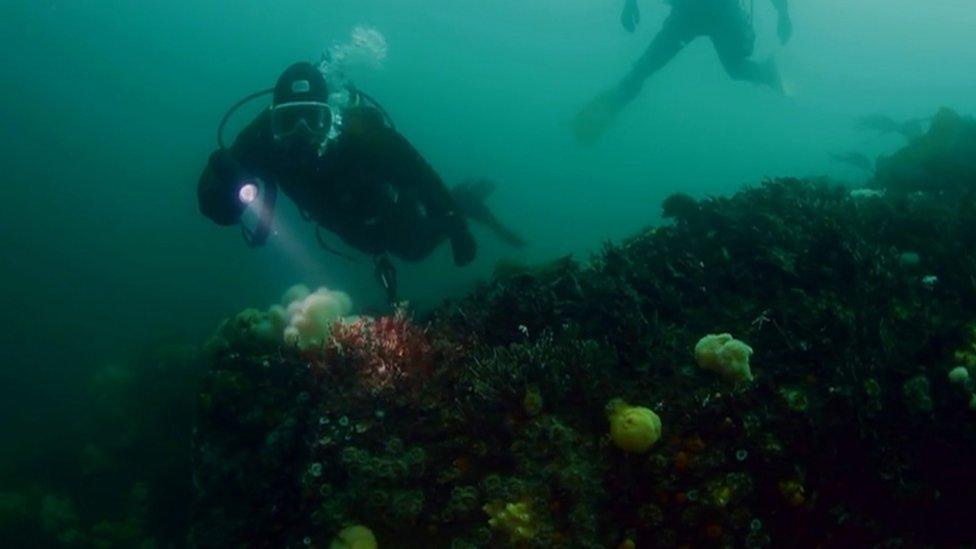
- Published31 January 2015
